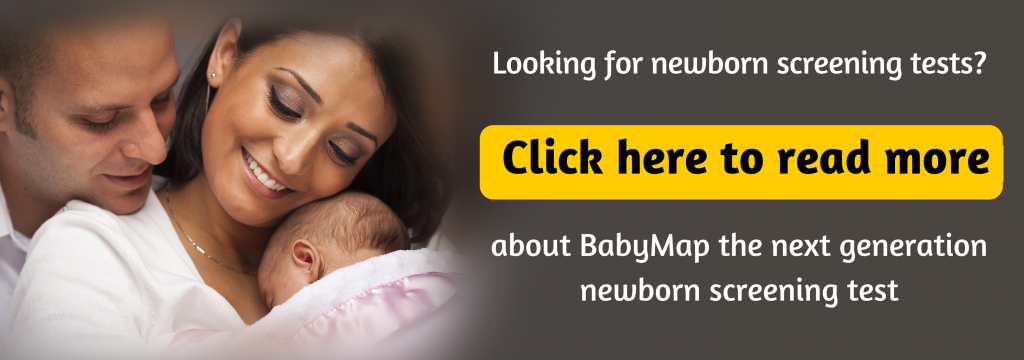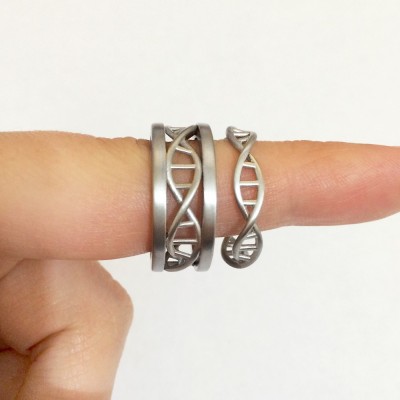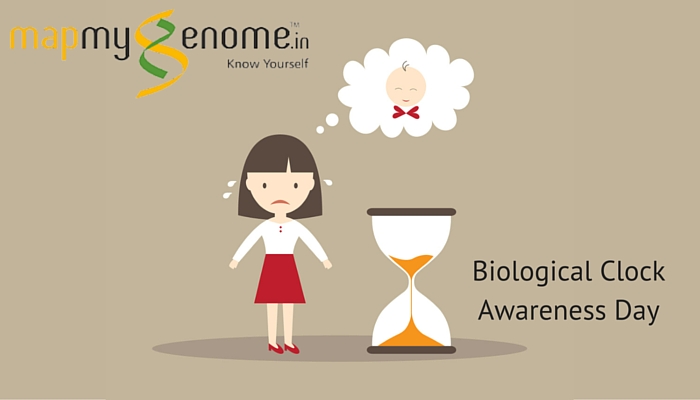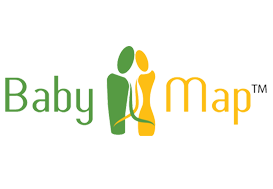
Most women would love a perfect family plan that goes like this – have a baby boy and baby girl (you know you want that blue-n-pink family pic), have them with just the right number of years apart, have babies with amazing-cute sibling rivalry, have a babymoon before each baby… the list is endless. Can’t control all of it?
Here’s some good news (before the stork’s visit)! You can be SuperMom even before you become a mom! You might think you are reasonably healthy, eat right and exercise enough, but that’s not all. After all, forewarned is forearmed.
What to do to be a Super-Mom-(to-be)?
Read(y) Up : Preconception healthcare
Yes, it’s out there, and it’s an official term. To be honest, only when I was asked to write this for the team, I decided to find out why an expecting woman needs folic acid supplements and exactly how much – 400 micrograms per day. Tiny bit of info, but pretty easy to carry around in the head. Must.know.all. Hmm, looks like there’s a big debate over micronutrient supplementation, with some women supporting it and some women opting out. That’s interesting, too. Oh, here’s a link to the vaccination checklist… you get the picture. Knowledge is power, period.
The WWW (world wide web) is full of good sources (once you eliminate the unhelpful ones) for learning about healthcare options and some interesting research by scientists worldwide. A word of caution – do not read too much into the “Dos & Don’ts” listed everywhere. Your physician and you can work together to formulate the best pre-pregnancy plan/regime. This will include a detailed health assessment (full body check up), action plan to manage existing conditions such as obesity, PCOS, diabetes, neurological conditions, etc. Some hospitals have well-staffed genetic wards, which conduct pre-pregnancy counseling sessions. Couples can get tested for potential risk of inherited disease for their baby, by availing carrier screening. The report highlights the carrier (presence of inheritable gene mutation) status of both the partners, and is followed up with genetic consultation and an action plan for risk mitigation.
Come Clean
Now is the best time, really. It’s okay if you didn’t keep your NYE resolutions about early-morning jogs, going alcohol-free, quitting the cigar, etc. Do it now, especially if you want a healthy pregnancy. Studies unequivocally show that maternal lifestyle is a major player in pregnancy outcomes – serious risk can result in premature/low birth weight babies, congenital anomalies, etc.
It’s important to clean not just your home and surroundings, but your mind, too. Get rid of disturbing thoughts, unknown fears and less-than-pleasant opinions about whether or not you are going to have a smooth pregnancy. If you are focused and well-prepared, everyone else will be on board, too.
Weighing it up
Fitness comes first. If you thought it’s too late to get back to your early-twenty-something shape, you couldn’t be more wrong. This might be the best time to get into your fittest form, ever! Want to take up kickboxing? Do it. Power Yoga and pilates? That’s great, too. Hula-hoop for 30 minutes a day. By keeping your weight in check, adding lean muscle and boosting your metabolism, you can bank on a safe ride ahead. Did you know that core strength training helps in childbirth and recovery? It just makes me love my Swiss ball more – an excellent way to improve the muscles of your trunk.
Note: “In shape” does not mean an hourglass figure. Staying in good shape pre-pregnancy is a bonus for all the hard work that will come in later, anyway (phew!) Get moving, get cracking and get fit. Apple or pear, work your muscles with zest. Follow some rules, and break the rest!
Family fables
Now would be a good time to talk to the family and get some history – medical conditions might run in the family, skip generations (inheritance patterns) and go unnoticed. Seemingly natural deaths in the past might have been due to disease development, genetic patterns and the like. Early identification of risk factors like inherited conditions can help you reduce the risk of adverse outcomes, prenatal and antenatal complications. You (and your partner) might have an increased genetic risk for disease, which is crucial information for a genetic counselor’s assessment and subsequent recommendations. The more you know about your family history, the more he/she can help you reduce (or even eliminate) potential risk for your baby, through a targeted testing strategy.
Money and other matter(s)
You (and your partner) need to have some dough before there’s a bun-in-the-oven (pun intended). Financial planning is no small task for couples, even before they are pregnant.
Most couples discuss the following – is the right healthcare plan in place? Is job stability an issue? Is external help available (if both partners have full-time careers)? Division of roles/work – can one person can work part-time or avail extended maternity/paternity leave? Is the current dwelling baby-friendly or is a home search required?…. and so on. Although it is easy to assume that we know how much it would cost to raise a baby, sadly, all the advice from family/friends might not suffice when an unexpected situation (twin pregnancy, new job opportunity, etc.) arises. Couples can be in different economic brackets, but a decent amount of groundwork (and teamwork!) will help increase joint income and be prepared to handle unpredictable expenses.
Tick tock, tick tock, is that a real line or just a dot?
The blue line on the stick means you’re going to have a tot!
Time to gear up and prepare the nest,
Cos we all know… Mommy knows best!









